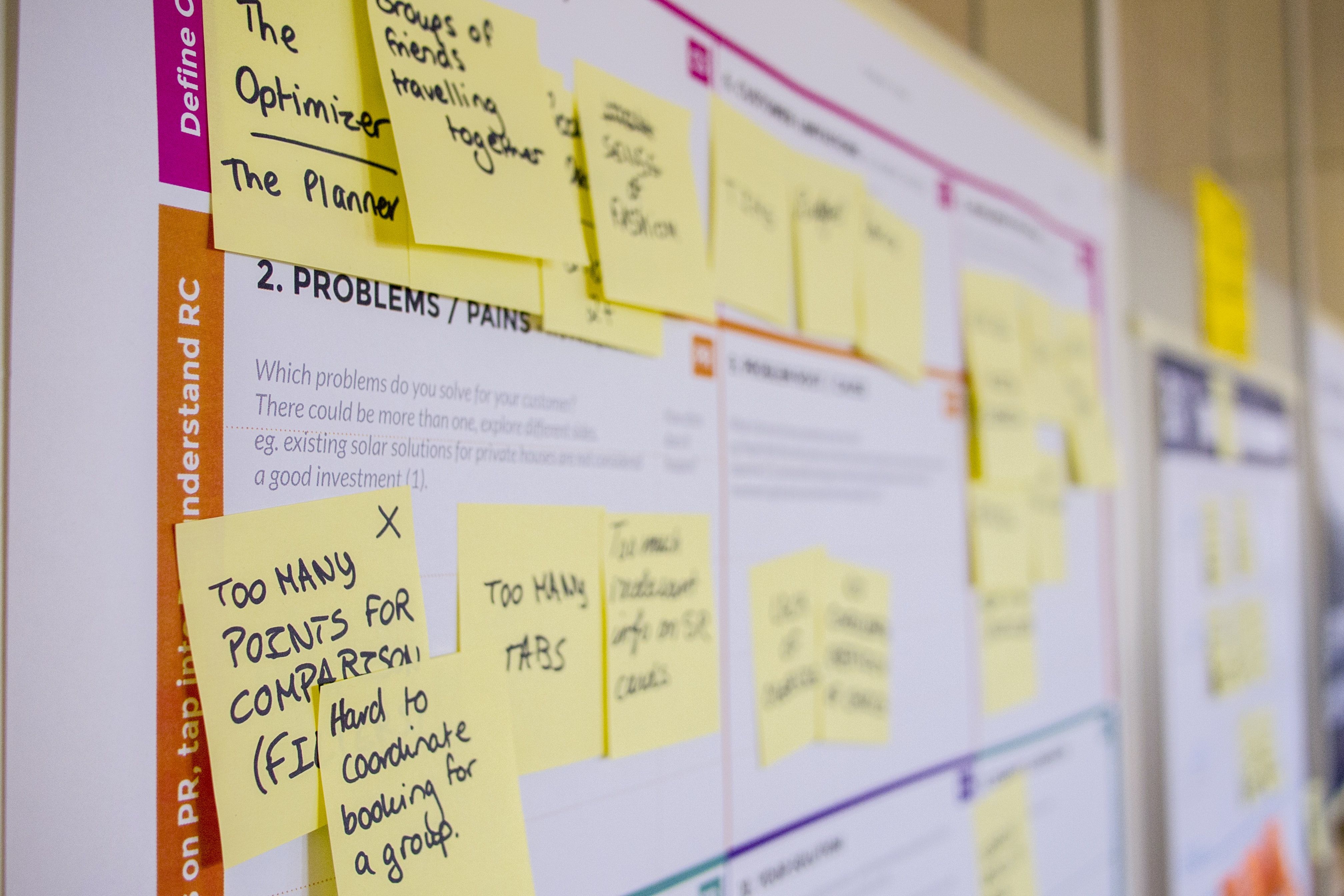Freelancing is the first step into business ownership for many people. It’s a useful way to learn how to market your skills, find clients, and work on your own terms. But as you become more experienced in this area, you might want to take the next stage and become an entrepreneur.
Leveling up naturally gets more difficult as you progress further. But don’t worry; we’re here to help you get started on your next adventure. Below, you’ll find eight things you need to do when moving beyond the freelancer phase to full business ownership.
1. Do Your Market Research Beforehand
These days, you can create a business in almost every niche. Once you’ve chosen something that interests you, you need to look for problems that need solving.
If you’ve already been doing something as a hobby for a while, you’ve got a sound footing. As your output increases, you’ll discover what performs well and what doesn’t. Moreover, people will likely come to you with similar questions.
You can also perform market research using social media and search engine results.
2. Brainstorm Valuable Product Ideas
Once you’ve identified potential problems that you think you can fix, it’s time to move on to the fun stuff. The next step is to brainstorm a list of products and services that you think can improve the lives of your prospective customers.
To get your brain thinking, a couple of potential product ideas you might want to consider are:
- A subscription-based software solution
- An intensive online course
- An eBook series on a topic you’re knowledgeable about
If you notice that someone else has a similar product or service to you, don’t worry—you can still go ahead with creating your own. Just make sure that you do enough to distinguish your services and provide value in ways that others cannot.
3. Don’t Stop Freelancing Altogether
For some people, quitting their job or stopping freelancing to focus solely on a business idea can add an extra bit of motivation. But for the vast majority, cutting off your income immediately isn’t a smart move.
While you’re building the next stage of your business, it’s a good idea to continue freelancing for a little while—unless you’ve got regular money coming in from somewhere else (e.g., a YouTube channel). Think about how you can use it to your advantage—for example, you can learn how to become a better writer to market your own product later down the line.
Continuing to freelance while building your next business can also help you re-invest more money to improve your products and services. If you don’t want to work as much as before, you can reduce your hours; just make sure to pay your bills.
4. Have a Good Financial Runway
At some point, you’ll need to take the leap and focus entirely on your business. But even if you’ve got a fantastic product and your customers are lapping it up, you never know when something will go wrong.
Even if you don’t make a lot of money in one month, you’ll still have to pay your operating costs and employees. So, it’s crucial to have a good enough runway to deal with rocky periods; 6-12 months, if not more, is a good idea.
Open a separate business account and set aside a specific amount each month. Anything you don’t use should go straight into your account whenever you generate additional money.
You should also ensure that you’ve got a clear budget and understand where all of your money is going. You can find several templates online for creating one.
5. Network With Others
To succeed in any industry, you need to have other people that you can trust. Networking is a skill that you’ll likely have started while freelancing—but now, it’s time to take things to the next level.
The easiest place to start is with your existing connections. Reach out to people you’d like to help and see if you can offer them anything. You should also connect with those you want to network with on LinkedIn.
Another way to build your network is by telling friends and family what you’re doing and seeing if they know anyone with similar interests. It’s also worth attending real-life events in your industry where possible.
6. Put the Right Systems in Place
The effectiveness of your systems will determine whether you succeed in any walk of life. To succeed as an entrepreneur, you need to know precisely what you’re doing every day and remove anything that does not keep you moving forward.
Incorporating a little reverse engineering is a good idea to create better systems. Take a moment to think about where you’d like to be in five years, and work backward to lay out the steps for getting there.
You can increase the efficiency of your systems by incorporating technology. Platforms worth investing in include:
- Bookkeeping software, such as Freshbooks.
- Automation tools, such as Selenium.
- Customer relationship management (CRM) platforms, such as HubSpot.
Remember that you’ll probably have to tweak your systems to continue progressing as you reach certain levels. It’s worth doing quarterly and annual audits to ensure that everything still works as it should.
7. Consume the Right Information
Even if you’ve got years of freelancing experience, becoming an entrepreneur is difficult for many people. Fortunately, you can find a whole host of free resources online to help increase your knowledge.
In the beginning stages of your new business, it’s crucial to absorb as much wisdom from others. You can do this in several ways, including:
- Podcasts
- YouTube channels
- Online blogs and publications
- Inspiring people on social media
Aim to set aside some time each day to learn new skills and pick up advice that will help you in your endeavors.
8. Take Action
Taking the leap from freelancer to entrepreneur is daunting. But you probably thought the same when you quit your job to become self-employed in the first place, and that worked out pretty well—right?
Even if you do all the planning in the world, it means nothing if you don’t take action. Break down your tasks into bite-size chunks and tackle them one by one; over time, they’ll start to compound.
As you take action, you’ll build momentum. When that happens, moving toward entrepreneurship will feel more natural, and you won’t want to stop.
Freelancing Is Only the First Step in Entrepreneurship
Some people choose to remain freelancers for their entire lives, and there’s nothing wrong with that. But for others, it’s the first step on the way to building a business they’re interested in and getting to solve more complex problems.
Moving from freelancer to entrepreneur can feel daunting, but it’s always going to feel like that in the beginning if you’ve never previously tried it. Take small steps each day and learn as much as you can; over time, you’ll build a valuable product and be ready to dive in completely.









